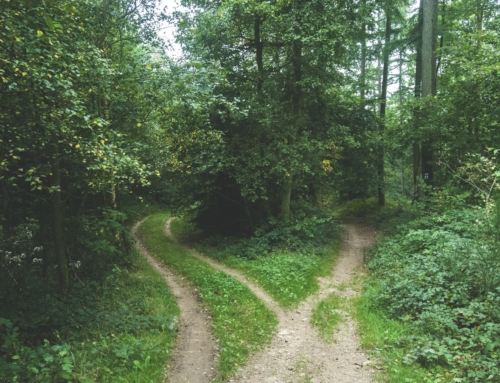There are many names for this horrible experience: In Italy they are called “vecchia” which means old woman, in France “bequille” which means crutch, in the Netherlands “ijsbeen” which means ice leg, and in Portugal, “paralitica” or the paralyzer. Here in Canada “charley horse” is a common name for them, but whatever you call them muscle cramps can be immobilizing and excruciating!
When you are suffering from them everyone is quick to jump on the bandwagon with what they believe to be the right remedy for them, but I think it is important to get the root cause of them and decide on a remedy from there.
It is most common for the skeletal muscles to be the ones that cramp up. It is the job of the skeletal muscles to move you and it can be for that reason, that muscle cramps can come on as a result of overdoing an exercise or if you have not exercised that muscle or muscle group regularly in the past.
Your central nervous system plays a part in this in that is carries signals to, for example, your calf creating a reflex arc which then leads to a continuous contraction of the muscle which you then experience as a leg cramp.
Most muscle cramps that suddenly appear can be stopped if you are able to stretch the muscle out. If you have a calf cramp, try and stand and face the wall a couple feet away, keeping your feet flat on the ground and use your hands to press against the wall bringing your chest closer to the wall. You will feel the stretch in the back of your calf muscle. Slowly stand back up straight, and then repeat until you feel the cramp has been relieved. Although it may be difficult, it will also help to breathe more deeply and rhythmically while the cramp is occurring. This can help to break the reflex arc signal and stop the cramp.
If you feel your leg cramps, or other muscle cramps are caused as a result of exercise, being sure to stretch your muscles before and after doing any exercise can help.
Sometimes leg cramps are not caused by exercise at all but can even occur by sitting for a long time or sleeping in an awkward position.
It is also possible that a mineral deficiency is causing the cramps you are experiencing. Potassium, calcium, and magnesium can all work together to help bring on relief over time if you are experiencing these cramps on a regular basis. Sources of potassium can be found naturally by increasing the number of potatoes, raisins, bananas, and spinach you have in your diet. Magnesium can be found in almonds, wheat bran, oatmeal, Swiss chard, and spinach.
Another option is to supplement with magnesium, but it is important that you check with your health care professional to determine the correct dosage as too much can lead to loose stools or diarrhea. As well, magnesium works best when used in combination with calcium. If possible, two parts of magnesium with one part calcium works best.
Vitamin deficiency can also play a part, and it may be that you are lacking in B1 (thiamine) B5 (pantothenic acid) or B6 (pyridoxine), which can occur quite often during pregnancy.
There are several medications which can also play a part in causing muscle cramps. To name a few:
Tolcapone (Tasmar) – used to treat Parkinson’s
Donepezil (Aricept) – used to treat Alzheimer’s
Nifedipine (Procardia) – used to treat angina and high blood pressure
Another way to relieve leg cramps is to do cold water marching by filling a tub with about three inches of cold water and then gently march up and down. Step out of the tub and stretch gently, and then march again. This can be repeated several times, followed by then wrapping the affected area with a towel which has been soaked in one part Epsom salts and ten parts castor oil. Elderly persons should have assistance with this method. We at Cariboo Home and Health Services offer in-home assistance – find out more.
Another natural remedy, if you can stomach it, is apple cider vinegar which also works wonders. Mix one teaspoon with a glass of water and drink twice a day.





